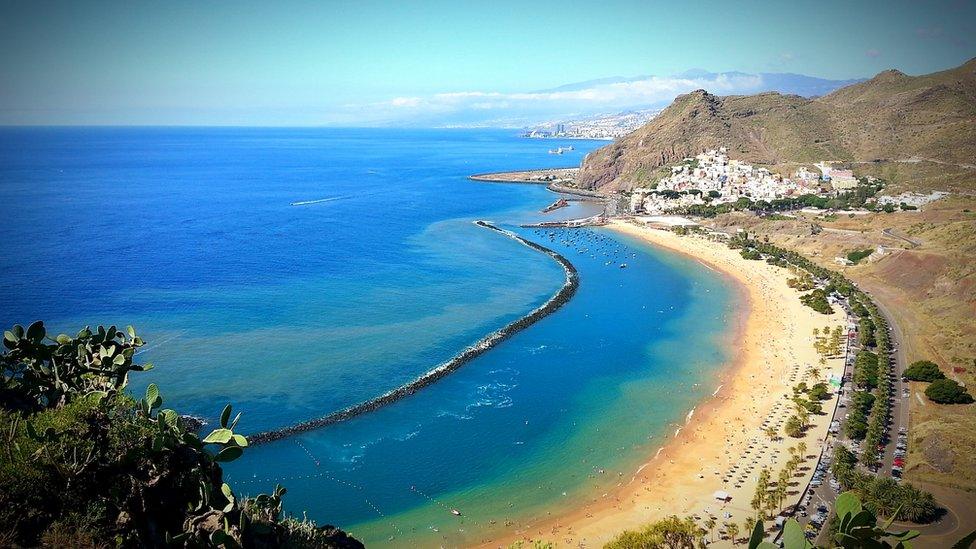Coronavirus: UK bans Denmark visitors over mink Covid-19 fears
- Published
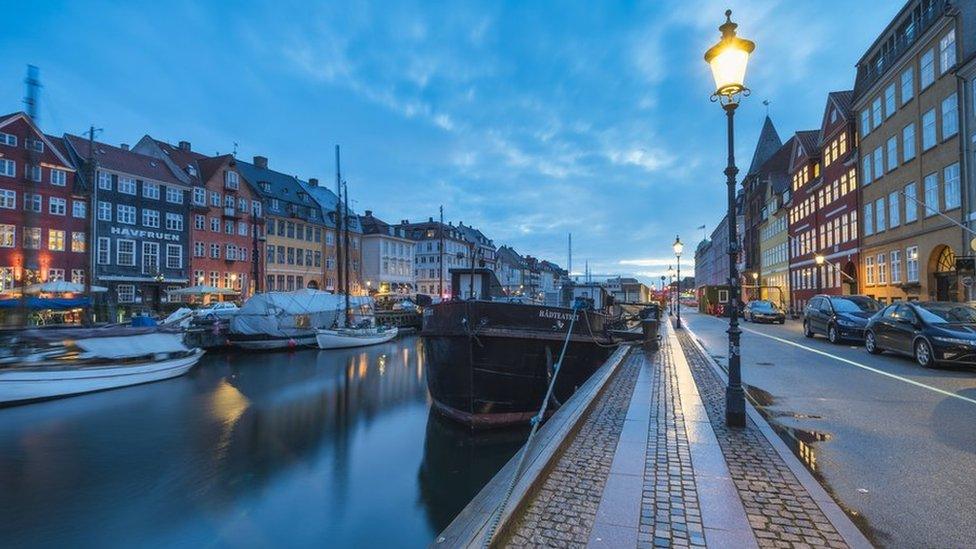
The UK has imposed a ban on non-UK citizens coming from Denmark amid concerns over a new coronavirus strain that has spread from mink to humans.
UK citizens can return from Denmark - but will have to isolate along with all members of their household for 14 days.
Cabin crew are also no longer exempt from the rules, which Ryanair described as a "bizarre and baseless" move.
The transport secretary announced the changes less than two hours before they took effect on Saturday.
Writing on Twitter, Grant Shapps said:, external "This decision to act quickly follows on from health authorities in Denmark reporting widespread outbreaks of coronavirus in mink farms. Keeping the UK public safe remains our top priority."
Meanwhile, a further 413 people in the UK have died within 28 days of a positive coronavirus test, according to the latest daily figures from the government, external. It brings the overall UK death toll, by this measure, to 48,888.
Denmark's Minister of Foreign Affairs Jeppe Kofod called Mr Shapps' travel announcement a "very drastic step" and said he had discussed them with UK Foreign Secretary Dominic Raab on Saturday.
Mr Kofod said Danish health authorities were "working closely" with international health organisations to share information and "reaching out" to ensure any "relevant knowledge" is passed to UK officials.
Officials will contact anyone in the UK who has been in Denmark in the last fortnight to make sure they also self-isolate.
The Department for Health and Social Care estimates that between 300 and 500 people have arrived in the UK from Denmark in the last 14 days.
Denmark had been taken off the UK coronavirus travel corridors list, external on Friday after it first became apparent the mutated form of coronavirus was present in the country. It meant any passengers arriving in the UK from Denmark would need to self-isolate after their arrival.
The latest rules, which took effect at 04:00 GMT on Saturday, ban foreign visitors who have been in or transited through Denmark and also expand the self-isolation requirements for returning Britons and residents to include all members of their households.
The changes also mean any cabin crew and pilots in Denmark are no longer exempt from quarantine rules, and must self-isolate along with the rest of their household for 14 days.
Crew who were in Denmark before the deadline in the last seven days are not legally required to self-isolate, but the DfT is strongly recommending they do so.
Ryanair said the quarantine for cabin crew was "bizarre and baseless", in part because crew members "never leave the aircraft during their 25-minute turnaround on the ground in Copenhagen airport".
In a statement the airline said it had no choice but to cancel all flights to and from Denmark while the rules remain in place, and urged Mr Shapps to reverse the decision.
Scottish airline Loganair said that due to government restrictions it has suspended flights between Scotland and Denmark, external from 9 to 22 November.
On Sunday morning, the government told lorry drivers and freight handlers returning to the UK from Denmark that they must also self-isolate for two weeks. All direct passenger flights and ships carrying freight (as well as passengers) from Denmark have also been stopped.
Denmark was the UK's 23rd largest export market in 2019, worth £6.8bn for goods and services.


A mutated strain of coronavirus that has spread to humans has triggered culls of millions of mink across Denmark and a lockdown in some parts of the country.
More than 200 people have been infected with strains related to mink, according to reports.
Mink kept in large numbers on farms have caught the virus from infected workers. And, in a small number of cases, the virus has crossed back from mink to humans, picking up genetic changes on the way.
Mutations in some of the strains, which have infected a small number of people, are reported to involve the spike protein of the virus, which is targeted by some, but not all, vaccines being developed.
The coronavirus, like all viruses, mutates over time, but there is no evidence that any of the mutations pose an increased danger to people.
The World Health Organization has said it is too early to jump to conclusions.
You can read more from Helen here.

The Denmark travel ban and new requirements will be reviewed after a week, the DfT said.
A DfT spokeswoman said the government was working closely with international partners to understand the changes in the virus that have been reported in Denmark and conducting a programme of further research in the UK "to inform our risk assessments".
How do I quarantine after returning from abroad?
Mink-related mutations of the Covid have been detected in 200 people in Denmark, most of them are connected to farms in Denmark's North Jutland region.
The Danish authorities have described the situation as very serious - and have ordered the cull of all mink in the country - thought to number around 17 million.
Danish authorities have said a lockdown will be introduced in some areas over the coronavirus mutation.
Leaving home to go on holiday is currently banned for most people in the UK.
In England, where a new national lockdown came into force on Thursday, people are still allowed to travel overseas for work or education trips.

LOCKDOWN LOOK-UP: The rules in your area
THREE TIERS: How will the system work?
SOCIAL DISTANCING: Can I give my friends a hug?
LOOK-UP TOOL: How many cases in your area?
HOLIDAYS: Where can I go away in the UK?


FANCY A FILM?: Let us sort out your weekend with this brilliant film collection on BBC iPlayer
HAS COVID STOLEN MY FUTURE?: The long-term consequences of the pandemic on young people


Were you planning to travel from Denmark to the UK? Have you just returned to the UK? Share your experiences by emailing haveyoursay@bbc.co.uk, external.
Please include a contact number if you are willing to speak to a BBC journalist. You can also get in touch in the following ways:
WhatsApp: +44 7756 165803
Tweet: @BBC_HaveYourSay, external
Please read our terms & conditions and privacy policy
If you are reading this page and can't see the form you will need to visit the mobile version of the BBC website to submit your question or comment or you can email us at HaveYourSay@bbc.co.uk, external. Please include your name, age and location with any submission.
- Published7 November 2020
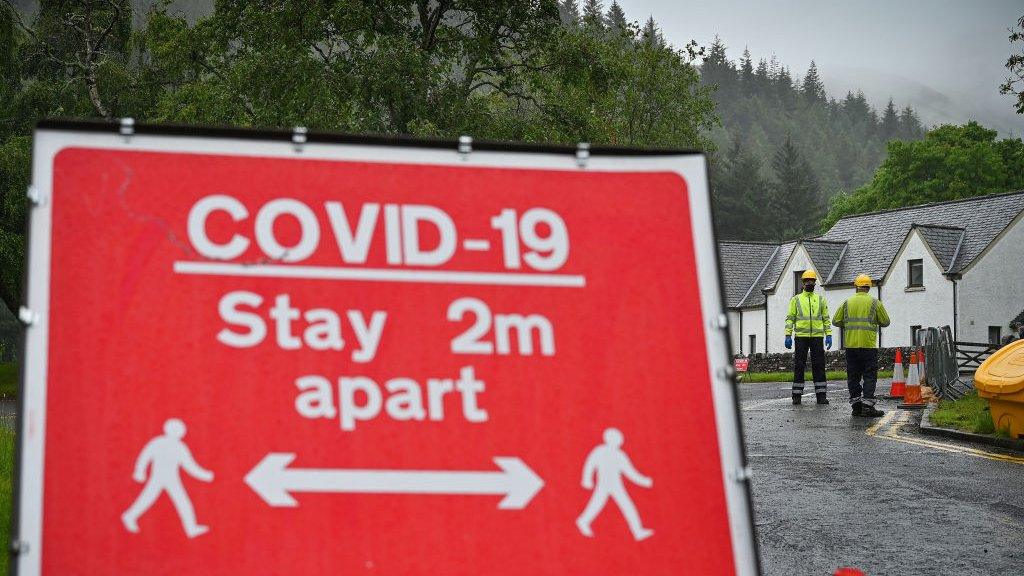
- Published9 November 2020
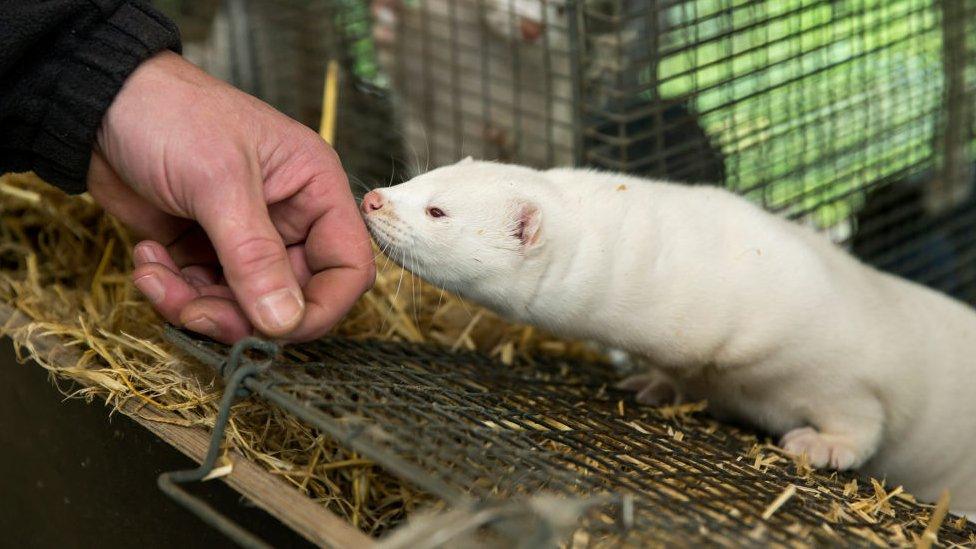
- Published6 November 2020
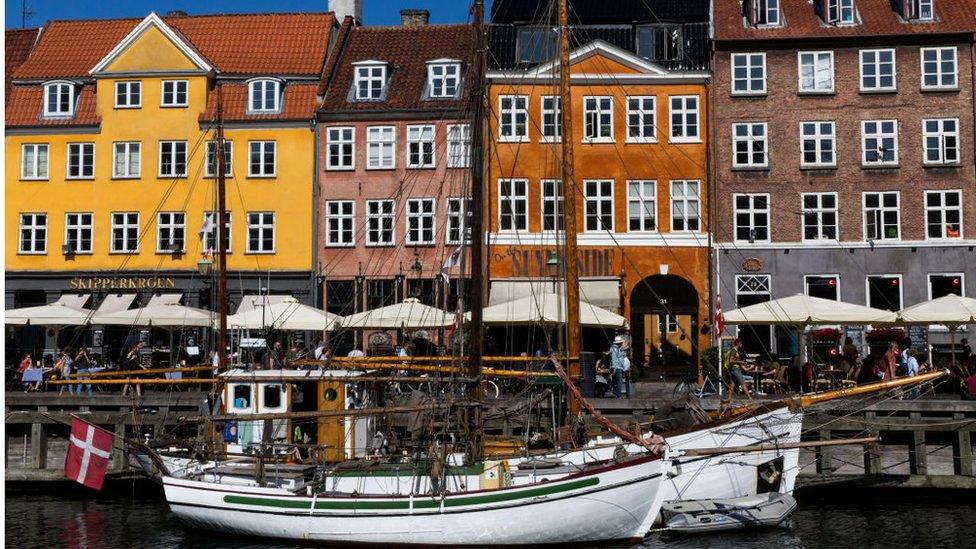
- Published11 February 2022

- Published1 November 2020
